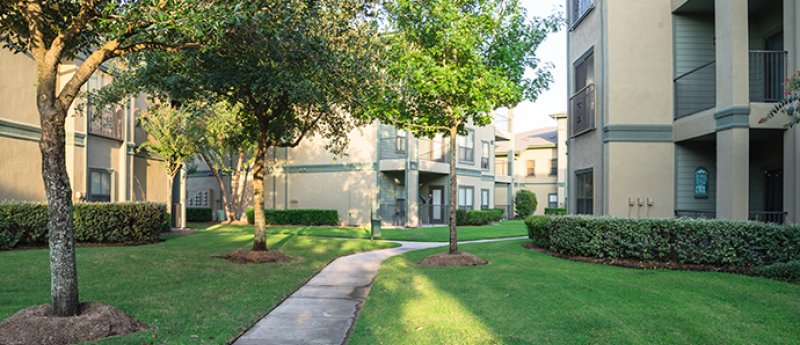
Scott Burris
Temple University Center for Public Health Law Research
Scott Burris, JD, is a professor of law at Temple University, where he directs the Center for Public Health Law Research. His work focuses on how law influences public health, and what interventions can make laws and law enforcement practices healthier in their effects. He is the author of more than 100 books, book chapters, articles and reports on issues including urban health, HIV/AIDS, research ethics, global health governance, and the health effects of criminal law and drug policy. His work has been supported by organizations including the Open Society Institute, the National Institutes of Health, the Bill and Melinda Gates Foundation, the UK Department for International Development, and the CDC. He has served as a consultant to numerous U.S. and international organizations including WHO, UNODC and UNDP. Burris is a graduate of Washington University in St. Louis and Yale Law School. Read Scott's full bio at Temple University.
-
The U.S. housing system has created a chronic affordability gap and persistently inequitable and unhealthy living conditions. Law plays an important role in shaping that system, but there is too much unknown about the impact of housing laws and policies on health and health equity. This report series by the P4A Research Hub at the Center for Public Health Law Research at Temple University’s Beasley School of Law aims to highlight these gaps, and to suggest areas for research and action needed to produce healthier communities.
December 9, 2019
|Evidence
| -
 Community Justice and Public SafetyTuning Legal Levers to Build Health Equity in Housing
Community Justice and Public SafetyTuning Legal Levers to Build Health Equity in HousingHousing in the United States is in bad shape. There are not enough units, and where there are units, they are often not affordable, and not in the right places. These problems are a result of the U.S. housing system, which is a complex set of people, organizations, laws, and conditions that interact to produce our current housing arrangements. This system has created a chronic shortage and affordability gap and persistently inequitable, segregated, and unhealthy living conditions for millions of Americans.
November 22, 2019
|P4A Spark
| -
There are many explanations for the housing crisis in the U.S. One is that the law has never stopped promoting and preserving segregation, nor has it adequately supported the supply of enough affordable, safe, and stable housing for all citizens.
April 9, 2019
|P4A Spark
| -
HousingHealth, Housing, and the Law
Abraham Gutman, Katie Moran-McCabe and Scott Burris at the Temple University Center for Public Health Law Research published an article in the Northeastern University Law Review that explores 23 legal mechanisms, or levers, that may impact health equity in housing in the U.S., and reviews the evidence base evaluating each lever.
March 14, 2019
|Evidence
| -
Community Justice and Public SafetyLegal Levers for Health Equity through HousingLaw stands as a significant influence on health equity, and an essential means of advancing a Culture of Health characterized by an equitable distribution of well-being. This project combines applied research and translation activities to answer a series of questions designed to improve our understanding and implementation of law and policy to address health inequity through housing
September 1, 2016
|Has Evidence
|